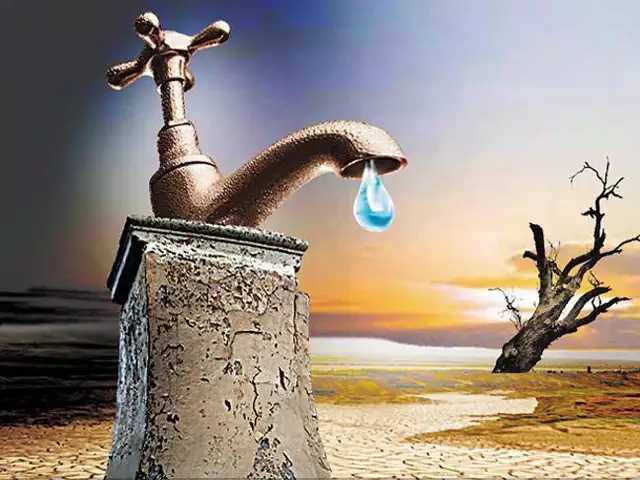
Several areas in Srinagar are grappling with a severe water shortage, causing significant inconvenience to residents. The affected localities include Rajbagh, Lal Chowk, and Nishat, where taps have run dry for days.
Residents have been facing immense difficulties due to the scarcity of water, a basic necessity for daily living. Many have resorted to purchasing water from private suppliers at inflated prices, while others are relying on community taps and water tankers provided by the municipality.
"We have been without water for almost a week now," said Ayesha, a resident of Rajbagh. "It’s becoming unbearable, especially with the summer heat. We are appealing to the authorities to find a solution urgently."
The local administration acknowledges the issue, attributing it to a combination of factors including reduced water levels in supply reservoirs, aging infrastructure, and a surge in demand. "We are working on a plan to address the water shortage," said an official from the Public Health Engineering (PHE) Department. "Efforts are underway to repair the pipelines and increase the supply from alternative sources."
In the meantime, authorities have urged residents to use water judiciously and have assured them that measures are being taken to mitigate the crisis. Regular water supply is expected to resume soon, though the exact timeline remains uncertain.
The water scarcity has highlighted the need for long-term solutions, including upgrading the water supply infrastructure and implementing sustainable water management practices, to prevent such crises in the future.
Several areas in Srinagar are grappling with a severe water shortage, causing significant inconvenience to residents. The affected localities include Rajbagh, Lal Chowk, and Nishat, where taps have run dry for days.
Residents have been facing immense difficulties due to the scarcity of water, a basic necessity for daily living. Many have resorted to purchasing water from private suppliers at inflated prices, while others are relying on community taps and water tankers provided by the municipality.
"We have been without water for almost a week now," said Ayesha, a resident of Rajbagh. "It’s becoming unbearable, especially with the summer heat. We are appealing to the authorities to find a solution urgently."
The local administration acknowledges the issue, attributing it to a combination of factors including reduced water levels in supply reservoirs, aging infrastructure, and a surge in demand. "We are working on a plan to address the water shortage," said an official from the Public Health Engineering (PHE) Department. "Efforts are underway to repair the pipelines and increase the supply from alternative sources."
In the meantime, authorities have urged residents to use water judiciously and have assured them that measures are being taken to mitigate the crisis. Regular water supply is expected to resume soon, though the exact timeline remains uncertain.
The water scarcity has highlighted the need for long-term solutions, including upgrading the water supply infrastructure and implementing sustainable water management practices, to prevent such crises in the future.
© Copyright 2023 brighterkashmir.com All Rights Reserved. Quantum Technologies